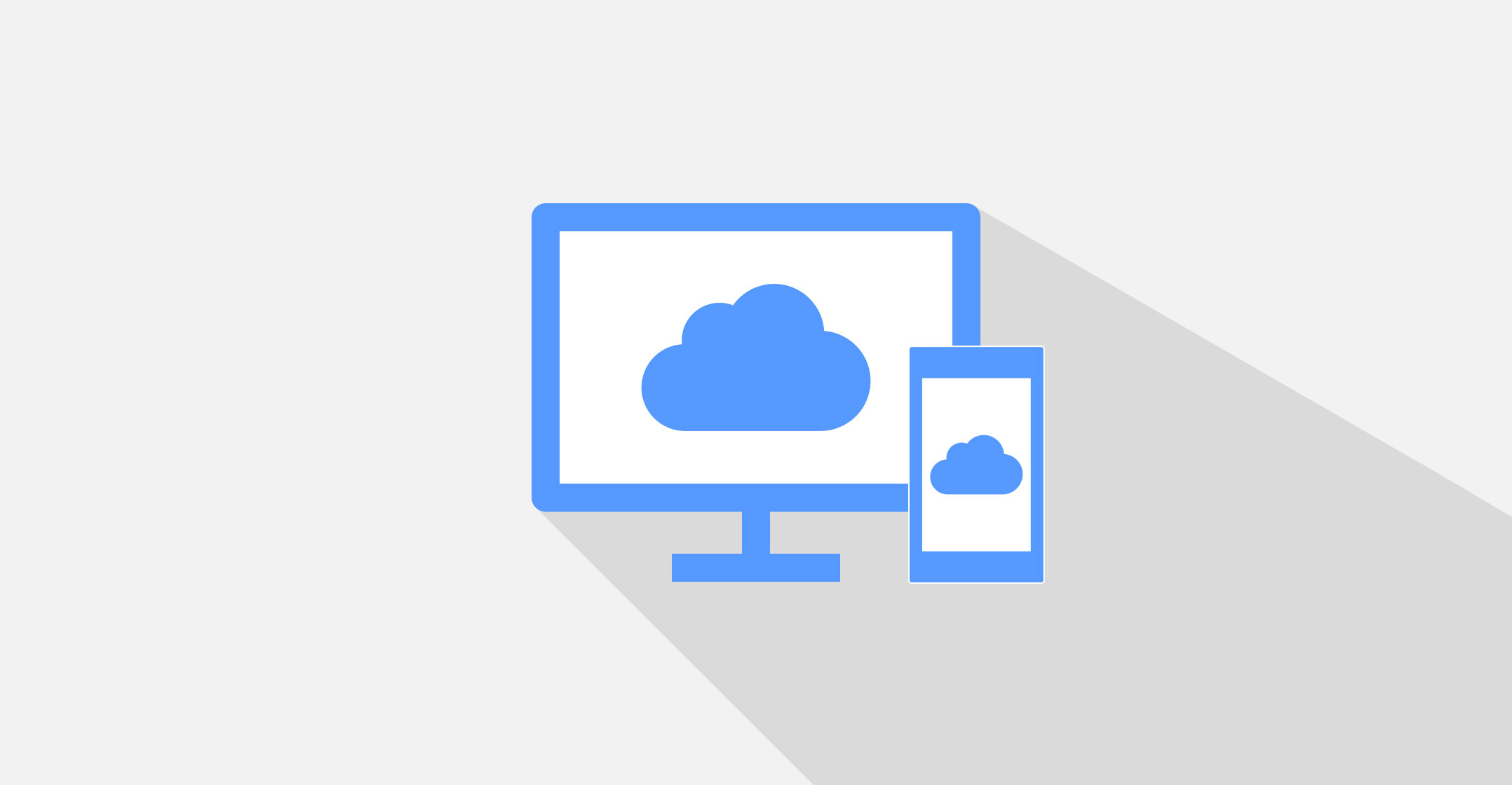 Around the world, Covid-19 has driven a massive acceleration in cloud adoption, as moving to the cloud became an essential strategy to ensuring business survival by enabling businesses to operate remotely.
Around the world, Covid-19 has driven a massive acceleration in cloud adoption, as moving to the cloud became an essential strategy to ensuring business survival by enabling businesses to operate remotely.
As a result, cloud is no longer something that businesses are still considering; it has become integral to how we do business today with applications such as Microsoft Teams and Microsoft 365 becoming central to our daily work lives. This will only continue to grow as more and more applications and businesses become cloud centric.
So says Andrew Yates, director of Cactus Backup, who warns however, that one area in which users may not be fully informed is where the responsibility lies for backing up data in the cloud.
“Most users assume that the provider is responsible for backing up their data, when in fact responsibility for this still resides with the user. There is no onus or responsibility on the cloud provider to back up users’ data and they actually recommend the use of third-party backup tools in their terms and conditions,” says Yates. “It’s important that users understand this, as it could prove to be very costly in the event of data loss or service interruption.”
As a leading provider of data protection and data management solutions for on-premise and cloud applications, Cactus Backup plays a valuable advisory role in this area. “Data is undoubtedly a company’s greatest asset and companies now need to have solutions in place that cater for backing up and securing both their on-premise and cloud data,” says Yates. “From a compliance perspective it’s also critical, especially in industries like finance, insurance and legal, which require data retention for many years.”
According to Yates, Cactus Backup has implemented the Keepit cloud-to-cloud backup service for businesses that use software-as-a-service (SaaS) applications such as Office 365/Microsoft 365, Microsoft Teams, Dynamics 365, G Suite, Google Workspace and Salesforce. “Keepit is widely used in Europe and the US and is specifically designed for the purpose of backing up cloud data. We partnered with Keepit about two years ago and our clients have certainly seen the benefits of greater protection and recovery of their cloud data since then and have given us some great feedback about the ease of use of Keepit.”
Financial and reputational impact of data breaches
An August 2020 IBM Security study on the impact of data breaches found, on average, the incidents cost South African companies R40.2-million/breach. “Malicious attacks on customer, employee and corporate data were most prevalent and costly, accounting for 48% of incidents,” Yates says.
Keepit uses military-grade encryption to ensure users’ data remains as safe as possible. For example, data encryption in transit and at rest is implemented, using the latest and best practices. What makes Keepit unique is that it incorporates its own implementation of blockchain to ensure that customers data cannot be tampered with and that they can assure data integrity.
The cost of not backing up data in the cloud and being compromised is not just measured in rands and cents, but calls into question an organisation’s commitment to security and regulatory compliance with protocols such as the Protection of Personal Information Act (Popia) and Europe’s General Data Protection Regulation.
 “Reputational damage in the event of data breach or loss can be devastating, sometimes far more costly than the financial impact of the breach,” he says.
“Reputational damage in the event of data breach or loss can be devastating, sometimes far more costly than the financial impact of the breach,” he says.
Gartner predicts that worldwide spending on public cloud services will grow by 18.4% in 2021 to total US$304.9-billion and the amount of data stored in the cloud is growing exponentially. “This makes it vital to ensure that cloud backups are fully automated and run without any user involvement. Ease of restoring lost or deleted data is also a key consideration, and using software that provides multiple, speedy restore options helps mitigate damage.”
Yates says Keepit operates its own cloud across multiple data centres around the globe. “Customer data is housed in two separate physical data centres in each available region, so if a particular SaaS vendor experiences a data-compromising event, customers’ data remains secure and available to them at any time.
“In working with our customers, be it SMEs or big companies, cloud is no longer an option but a must for business operations in the new way we work. When signing up with SaaS providers, organisations must be aware of how much responsibility belongs to the provider and how much is their own. Putting the requisite data protection in place could be what ensures their ongoing business operations,” Yates says.
For more information, please visit www.cactusbackup.com.
- This promoted content was paid for by the party concerned

